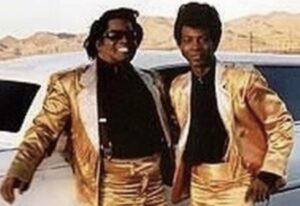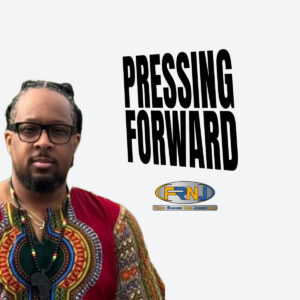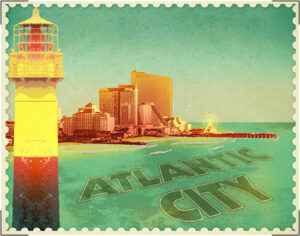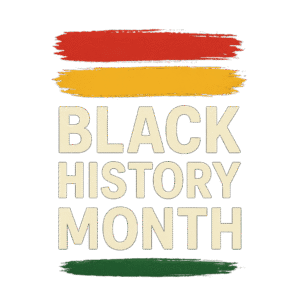Pressing Forward: When Will Corporations Get Serious About Black Leadership?
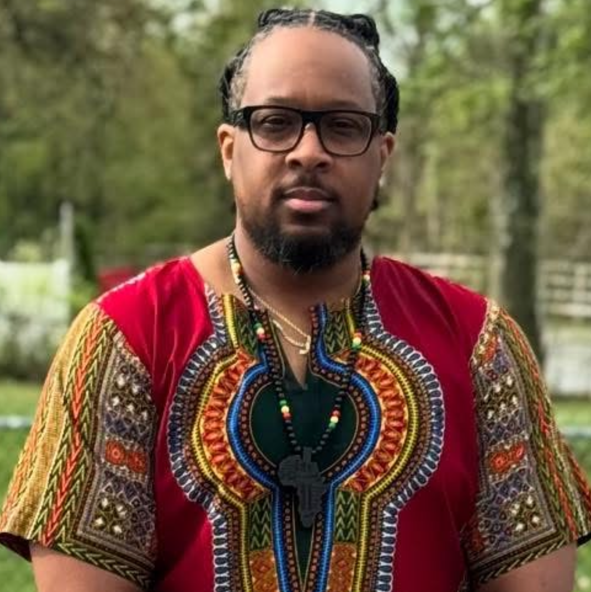
BY RANN MILLER | PRESSING FORWARD
Is there a Black leader? Or such a thing as a Black leader?
Target seems to think so, and they believe that it is Rev. Al Sharpton. They reached out to have a meeting to discuss their decision to end DEI initiatives. I suspect that, even more than that, they wanted to discuss the Black faith community’s current boycott of their stores. Since the start of that boycott, Target has been impacted.
Foot traffic in Target stores has declined for 10 consecutive weeks, translating into declining sales. Target’s market value has plummeted by $12.4 billion.
So, you call Al Sharpton?
Al Sharpton didn’t even call for the boycott of Target initially. Rev. Jamal Bryant of New Birth Baptist Church called for the 40-day Target fast. But white folks don’t know who Jamal Bryant is. They know who Al Sharpton is.
Al Sharpton has been fighting for social justice for decades, from seeking justice for Yusef Hawkins and Amadou Diallo to supporting the Jena Six and fighting Stop and Frisk in New York.
His National Action Network has been around since 1991, and he remains one to call when a Black person is unlawfully killed by law enforcement. Now, Benjamin Crump is called along with him. Sharpton is an irritant. White folks know that.
But they also know — and so do we — that Sharpton is looking for crumbs, not change.
He may be considered an anti-white race hustler to white people, but he won’t rock the boat — only give it a shake. In other words, Al Sharpton challenges power just enough to extract mild concessions that satisfy his constituents while elevating him in the process. For example, Sharpton was able to parlay his support of Barack Obama and the Obama Administration into a television show with MSNBC’s PoliticsNation.
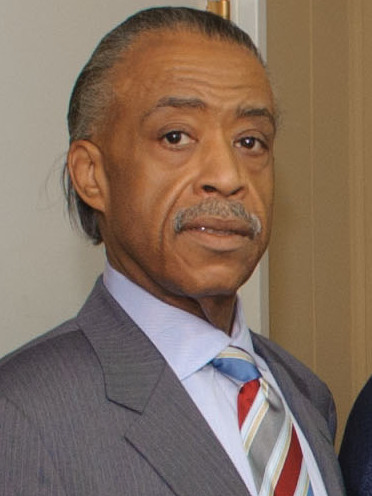
Contrast that with the reduced status of Tavis Smiley for challenging Barack Obama, who was once a major face of Black news and political commentary. Sharpton’s other egregious activities include taking money from big tobacco to stop a ban on menthol cigarettes in New York City, in the name of Eric Garner, and allowing himself to be the vessel to rebrand Michael Bloomberg to Black people during his 2020 run for presidency.
Anti-white race hustler to some, ambulance-chasing opportunist to others — this is the “Black leader,” according to Target.
For Target, this boycott is a nuisance that needs to be addressed. They’re going bankrupt because of it, but they very much likely want it to go away. So, they found the person they thought could placate Black folks enough that they would come back to shop.
It’s the same way NFL owners hired Shawn Carter to select Black acts for Super Bowl halftime shows to placate Black people amid the whitelash against Colin Kaepernick.
But that’s the point.
The white power structure’s designation of a “Black leader” is nothing more than a mechanism to control Black people to maintain their power and wealth in the face of blatant injustice against Black people.
Because if justice were the goal, Al Sharpton wouldn’t be the one to call. Target doesn’t need Al Sharpton to make it an organization dedicated to justice. Target, Walmart, Pepsi, and whoever else calls Al Sharpton, need Al Sharpton to return angry Black consumers to those stores and brands with “justice” initiatives that are more quid pro quo than anything else.
There is no “Black leader,” but there are leaders within the Black community.
There are the activists on the ground who organize the people to fight against injustice at the local level, specifically and nationally. There are the scholars who use their scholarship to announce injustice with empirical evidence and offer viable solutions, also backed with empirical evidence and Black experiential backgrounds.
There are business leaders and entrepreneurs who fight injustice by catering to the Black community with their services and donating to causes to aid the struggle for Black freedom locally and otherwise.
There are the non-profit workers and volunteers who engage in initiatives to bring awareness to injustices and work to meet the needs of those suffering from unjust circumstances economically, within the criminal legal system, and the public-school system, for example.
Corporations like Target call none of those leaders to provide their expertise on facilitating justice in society, and that’s on purpose, because these folks call out corporate and political BS and the injustice perpetrated by them. They have the experience, knowledge, and acumen to articulate the issues and how to address them best, which often runs counter to the power structure.
That explains why Dr. King was unpopular for much of his time during the Civil Rights Movement of the 1960s. But our teaching and learning on Black activism is so lackluster that people only know Dr. King as the leader of the movement, let alone his stance against injustice, when there were many leaders within the Black community at that time.
These corporations aren’t serious — about Black people or justice. They’re only series about maintaining profits.
There are many leaders within the Black community now. However, Target only had a target for those they believed could fix their “problem”: A modern day “race man” willing to communicate who our corporate “allies” are. But who needs “allies” who, as of a 2024 investigation by the Associated Press, were linked with prison labor?
“… Prison labor is part of the supply chain of companies spanning across nearly the entire food industry, including grocers like Aldi, Costco, Kroger, Target, Walmart, and Whole Foods; restaurant companies like Burger King, Chipotle, Domino’s and McDonald’s; and industry conglomerates like Cargill, Coca-Cola, General Mills, Pepsi and Tyson, which together own such a large variety of brands that they are nearly impossible to avoid in retail settings.”
Remember, I mentioned that in a capitalist society based on the exploitation of all workers, we can hardly evade consumption from companies linked to systemic racism. Systemic racism is the 13th Amendment, which says enslavement is illegal except as punishment for a crime — the prison labor for these companies is disproportionately people of color, particularly Black people.
I wonder if Mr. Sharpton said anything about this to Target. Likely not.
Until corporations like Target stop targeting opportunists among us and begin identifying and working with authentic activists to create more authentically just circumstances for Black people, we cannot trust anything these folks say or do.
For them, their relationship with us is transactional.
We must move beyond settling for transactional relationships and demand that those who want relations with Black people forge towards us with a passion for justice and a heart for people. That mindset of forging goes for our leaders as well. Or else, they’re simply the leaders of one: themselves.
Follow Us Today On:
Note from AC JosepH Media: If you like this story and others posted on Front Runner New Jersey.com, lend us a hand so we can keep producing articles like these for New Jersey and the world to see. Click on SUPPORT FRNJ and make a contribution that will go directly in making more stories like this available. Thank you for reading!
